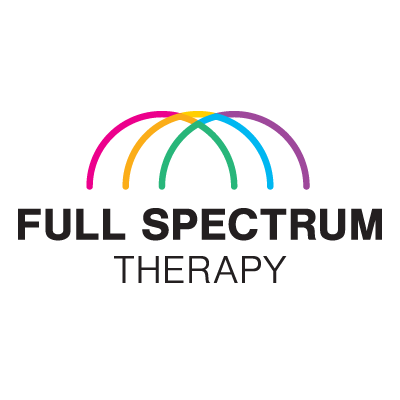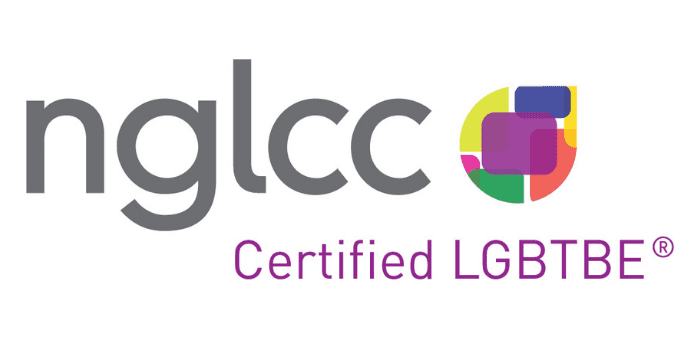For people under 18:
Schedule an appointment with a therapist for an assessment for hormone blockers. Your guardian or parent will need to attend this session if you are under 14, and it’s highly recommended if you are over 14. Check out the Full Spectrum Resource Guide or contact us for referrals:
Email: admin@fullspectrumpdx.com
Phone: 503-765-5733
Identify the pediatric endocrinologist you want to work with. The therapist will either give you a letter to take to your endocrinologist, or will fax it for you. Your first endocrinologist appointment will include a physical exam, discussing your history, and possibly a blood test. Bring a support person and be emotionally ready for this exam! You are not REQUIRED to continue therapy as you start hormones, but it’s useful if you want it!
If you have not started puberty, you must be at Tanner stage 2 to start pubertal suppression (also called “puberty blockers”). This means you cannot start pubertal suppression unless you have already started to show signs of starting puberty.
If you have already started puberty, endocrinologists generally want to start people on pubertal suppression, which is very good at stopping your natural hormones. They may want to see you on pubertal suppression for three months up to two years before starting hormones, depending on your age. You have the right to decline the use of pubertal suppression because of expenses, side effects, or any other reason at all.If you and your endocrinologist decide it is appropriate to begin hormone therapy, sometimes called Hormone Replacement Therapy (or HRT), they may start you on a low dose. You have the right to request that they or your PCP administer any shots for you, show you how to do it yourself, or have a guardian do it for you! You also have the right to request different forms of hormones, but those may not be covered by insurance. You may be on a low dose for at least six months, so the effects of hormones may take 1-2 years to fully achieve. BE PATIENT! It’s like you’re going through a natural puberty. You also have the right to advocate with your endocrinologist if you feel they are going too slowly.
For people over 18:
If your Primary Care Provider works from an “Informed Consent” Model of Care
Schedule an appointment with a medical provider who prescribes hormone therapy. Check out the Full Spectrum Resource Guide or contact us for referrals:
Email: admin@fullspectrumpdx.com
Phone: 503-765-5733
At your appointment, they will go over the risks and benefits of hormone therapy, and will make sure you are well-informed about your decision moving forward.
During your visit, your Primary Care Provider will do a basic physical and take blood to rule out health issues that would be worsened by hormone therapy, as well as teach you how to administer your medication. If your blood work comes back normal, your prescription will usually be filled within a few days.
If your name and gender have not yet been changed on your insurance, you may have to hear this name or give it when getting your prescriptions.
If your Primary Care Provider works from the WPATH Model
Schedule an appointment with a therapist for an assessment to determine readiness for hormone therapy. Check out the Full Spectrum Resource Guide or contact us for referrals:
Email: admin@fullspectrumpdx.com
Phone: 503-765-5733
Your therapist will send a referral letter to your preferred medical provider who prescribes hormone therapy, explaining how you meet WPATH criteria to begin hormone therapy. At your appointment, your medical provider will do a physical and take blood to rule out health issues that would be worsened by hormone therapy, and teach you how to administer your medication. If your blood work comes back normal, your prescription will usually be filled within a few days.
If your name and gender have not yet been changed on your insurance, you may have to hear this name or give it when getting your prescriptions.

